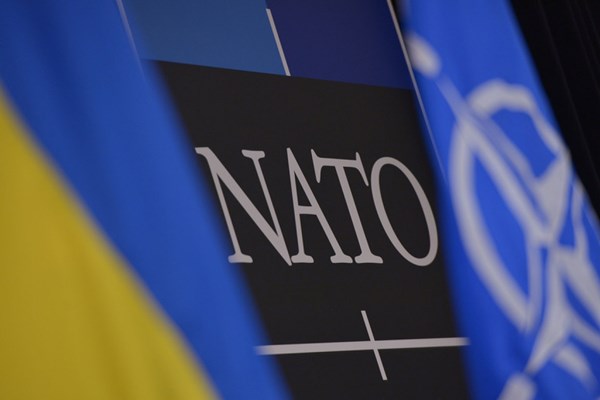NATO calls on Russia to return Crimea to Ukraine
Representatives of the North Atlantic Treaty Organization (NATO) met with Ukrainian President Volodymyr Zelensky and the Ukrainian government in Kyiv on Thursday. The topics of the meeting included matters related to the NATO-Ukraine partnership, the situation in eastern Ukraine, and Russia’s significantly increased military presence in Crimea, which is “part of the larger model of Russia’s aggressive actions in the region”.
In a statement, the NATO-Ukraine commission emphasizes the illegality of Russia’s seizure of the peninsula. The alliance calls on the Russian government to return control of Crimea to Ukraine, and to give international monitoring organizations access to the peninsula.
“Allies are deeply concerned by the human rights abuses and violations being carried out by the Russian de-facto authorities in Crimea against all Ukrainians, including the Crimean Tatars, and members of other local communities. We call on Russia to grant international monitoring organisations access to Crimea. NATO’s response to address Russia’s illegal actions in Ukraine has been alongside and in support of an overall international effort, which has included sanctions. There can be no “business as usual” until there is a clear, constructive change in Russia’s actions that demonstrates compliance with international law and its international obligations and responsibilities,” the document explains.
The statement says that Russia must demonstrate its compliance with international law and its international obligations. This includes the immediate and unconditional release of the Ukrainian citizens who have been detained and convicted without taking into account the requirements of international law.
In February 2014, armed people in uniforms without insignias appeared in Crimea and captured the Supreme Council of Crimea, the Simferopol Airport, the Kerch ferry crossing and other strategic objects, and prevented the Ukrainian army from taking action. Initially, the Russian government refused to acknowledge that these armed people were Russian soldiers, but President Vladimir Putin later admitted it.
On 16 March 2014, a referendum on the status of Crimea was held in Crimea and Sevastopol, in which the inhabitants supposedly voted for the peninsula to become part of Russia. The outcome of the so-called referendum is not recognized by Ukraine, the EU or the US. On 18 March, Putin announced the “annexation” of Crimea to Russia.
International organizations have declared the annexation illegal and condemned Russia’s actions. Western countries have imposed economic sanctions on Russia in connection with the annexation. Russia claims to have “restored historical justice”. Ukraine’s parliament, the Verkhovna Rada, declared 20 February 2014 the start of Russia’s temporary occupation of Crimea and Sevastopol.
